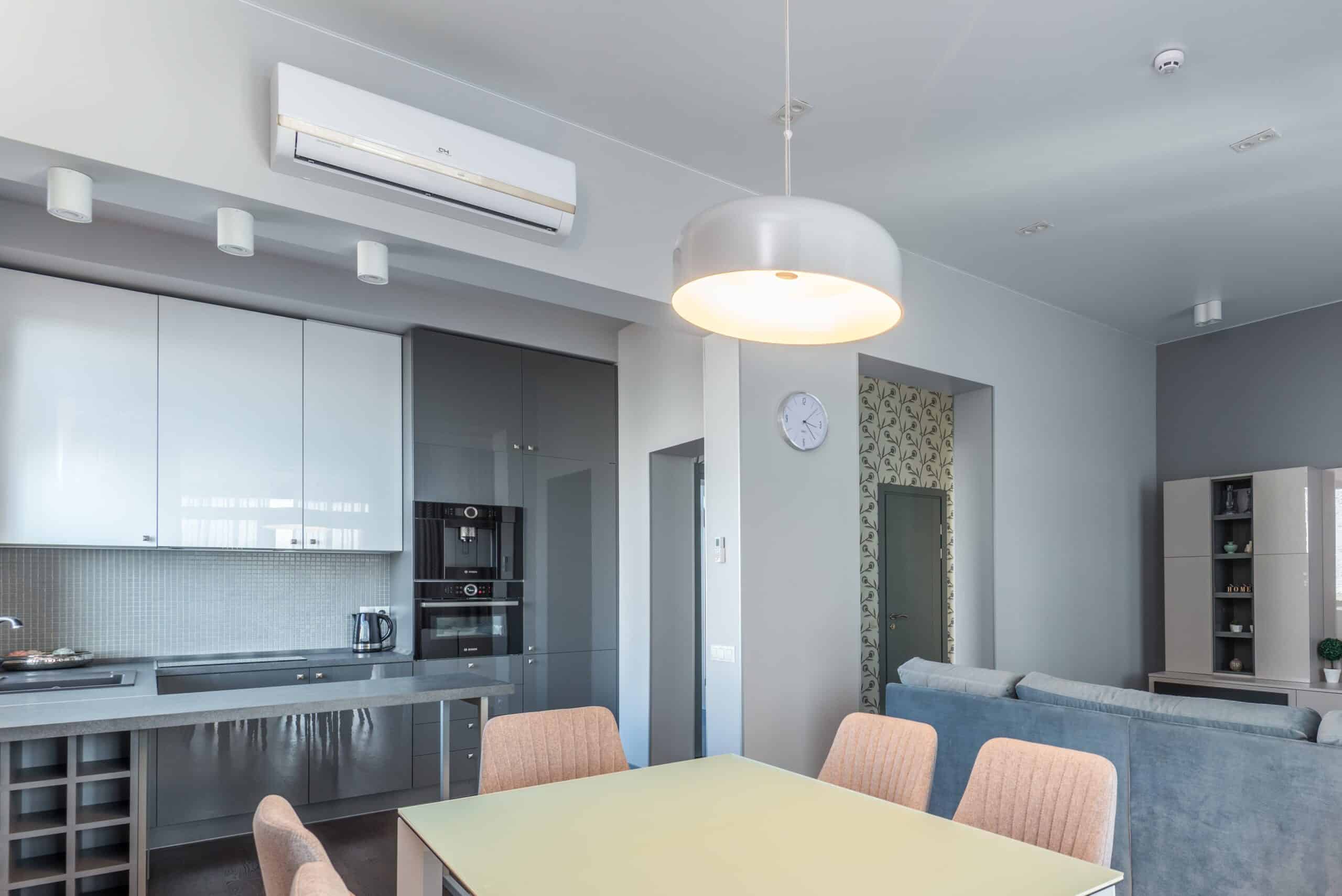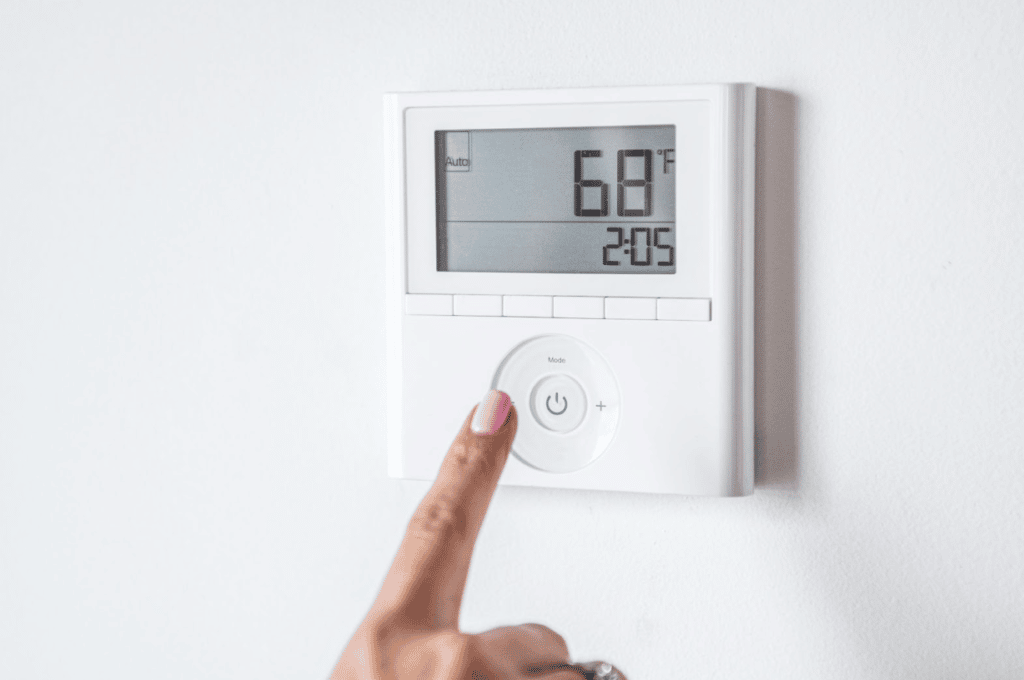Are you looking for a new, maybe alternative cooling solution for your home? Perhaps, you’ve already heard of a mini split system and find the promises of energy savings compelling. While a mini split is an energy-efficient option, you should consider all the pros and cons of this system before deciding if it’s worth it for you and your home.
What Is a Mini Split HVAC System?
A mini split HVAC system is often a ductless cooling system. It can be a heating system as well with a heat pump. It is split up into two “mini” components, an outdoor compressor and an indoor air unit. The temperature can be controlled as normal through a thermostat or even through a remote control. The technical function is very similar to a traditional AC unit—pulling warm air out and providing cool air in its place.
Pros of AC Mini Splits
A mini split has several advantages over a duct-based HVAC system. If you’re considering an alternative cooling system for your home, you should know the benefits that come with a mini split unit.
Flexible Cooling Zones
One of the biggest differences between your standard HVAC system and a mini split system is that mini splits allow you to control the individual temperature of each room. Mini splits are small enough to be comfortably installed for each room of your house, so you have full control over the temperature. Instead of setting everything to one uniform temperature, one room could be 74 degrees and another set at 68. This also helps cover any hot or cool spots you notice in your home.
Energy Efficient
People are drawn to mini splits for their energy efficiency. Not only do they use less energy because they’re smaller units, but they also provide more efficiency through their flexible cooling zones. Since you don’t have to compromise on the perfect temperature for everyone in the house, you may end up saving money by having some areas warmer and others cooler.
With a traditional HVAC system with ducts, nearly 30% of energy consumption is from the ducts. A ductless mini split system helps avoid this energy loss, lowering your energy bill.
Easy to Install
Because a mini split system can operate on minimal components, it is much easier to install compared to a traditional AC. While it’s still best handled by a professional, you won’t have to worry about a lengthy installation process.
Better Air Quality
Without ducts, you eliminate the risk of outdoor pollutants or allergens getting into your air stream—providing better air quality for your home. Mini splits give additional protection from irritants by filtering any pet hair or dust that may be circulating. You may also find your home is less humid with a mini split system as they act as a dehumidifier for your air. This helps prevent growth from occurring and worsening your air quality.
Cons of AC Mini Splits
Even though they have many benefits, there are also some disadvantages to be aware of before purchasing one for your home.
Upfront Cost
While you may save money through your energy bill in the long run, a mini split system is going to be much more expensive with upfront costs than your traditional AC unit. On average, a mini split system costs 30% more than central systems. For just three cooling zones, you could be spending as much as $10,000.
More Maintenance Needs
Unlike your standard HVAC unit that only needs to have its filters changed every 3 months, a mini split system needs its filter cleaned out once a month at least. Any debris can quickly clog up your mini split and lead to a costly repair if not properly maintained. If you have any pets or you smoke in your home, you’ll need to clean them more often and check on the filter regularly.
Aesthetic and Design
While a mini split unit is small, it can not be hidden as well as a duct-based system. With ducts, you have subtle vents that help circulate air throughout the house. With mini splits, you have to have a physical unit within the room or zone you want to cool. There are not many color or appearance options, so it could be a jarring element in contrast to your home’s design and aesthetic.

Handling Extreme Temperatures
In Florida, we know how hot the summers can get. All you want is to have a nice, cool home to hide from the heat. Unfortunately, mini splits are not the best system to handle extreme temperatures—whether that be the cold or the heat. The hot summer months may even cause a decrease in efficiency as the mini split fights against the extreme temperatures.
Find the Best HVAC System for You with Comfort Temp!
At Comfort Temp, we’re here to help you find the best heating and cooling system for your home. Whether you need a new AC unit or want heat installation for the cooler months, the experts on our team are here to serve you. We’ll guide you through the pros and cons of each system. We even provide regular maintenance if you’re just looking for preventative care. Whatever you’re looking for, call the HVAC experts at Comfort Temp today!

